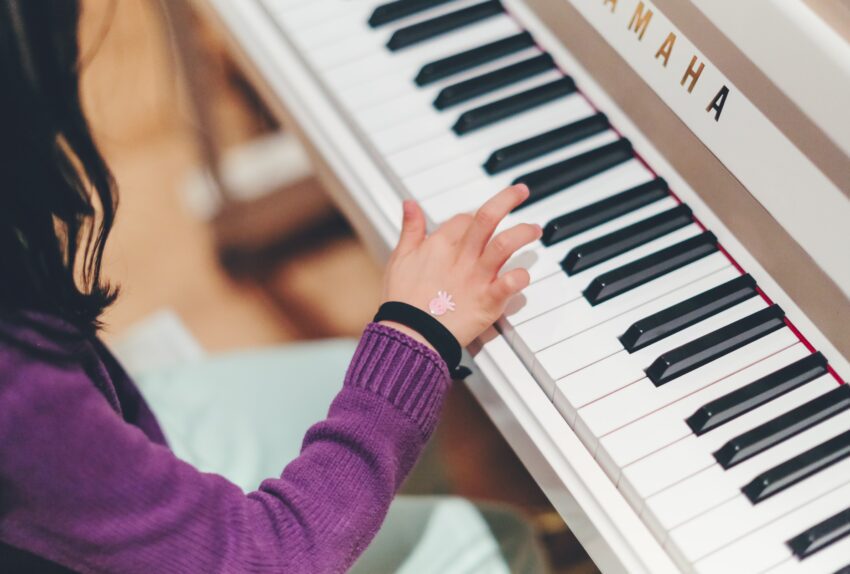Music is good for our souls. Learning a musical instrument has many benefits, including improved concentration and memory, greater hand-eye coordination, and decreased risk of depression. Music can also help children develop self-discipline, build social skills, and even increase their IQ. Here are some ideas on how you can help your kid practice music – whatever their age or skill level.
Have a musical education
Kids who are introduced to music at a young age are more likely to stick with it and go on to become lifelong musicians. So, engaging with music from a young age lays the foundation for a lifetime of musical education. There are many ways to do this – even if your child isn’t yet taking formal lessons. – Find an instrument your child can play. – Try out different types of music. – Learn about the composers and styles that have come before. – Go to concerts and see live performances.
Set up a designated space for practice
Whether your child is taking formal lessons or just playing on their own, they’re going to have to find time to practice. And as they get older, they’re going to want a space in which they feel comfortable making mistakes and exploring their personal musical interests. Whether you’re living in a cramped apartment or a sprawling suburban home, make sure there’s enough space for your child to have their own practice location. Try to make this space as comfortable, quiet, and distraction-free as possible. Kids should have a chair that is both comfortable and sturdy. The room should also have good lighting, and a nearby outlet for their instrument (or outlets for more than one instrument). Kids should also have everything they need for their practice session – including music, a metronome (for musicians who need rhythm), pencils, paper, and a notebook to keep track of musical ideas.
Rotate instruments and music types
Kids can get bored with the same instrument or type of music – and staying in one musical rut can stunt their growth and creativity. Try to vary their practice sessions and experiment with different instruments and types of music. Kids might want to spend a month on piano, followed by a month on clarinet, then flute, etc. They might want to experiment with different styles of music (classical, jazz, rock, etc.). Kids can even try improvising, making up their own melodies, or creating their own compositions – whatever works for them.
Find ways to make it fun!
If your child isn’t enjoying their practice sessions, they’re probably not going to continue with it. So, find ways to make music fun for your child. For example, you can: – Turn it into a game. Try a collaborative game like Bananagrams, Scattergories, or Words with Friends. – Designate a special chair/spot for music-making. – Create a playlist of music for various moods and occasions. – Involve family members or friends. Encourage your child to lead the family in informal singing sessions or play games with their friends. – Keep a journal or scrapbook. Encourage your child to keep track of their musical journey by writing down thoughts and feelings about the instrument, types of music they like, etc.
Conclusion
Music is a creative and enriching hobby for kids of all ages. While it will take time and patience to foster a love of music, you can use these tips to help your child develop lifelong musical skills. Remember, the key to cultivating a lifelong love of music is to start early and play often.


